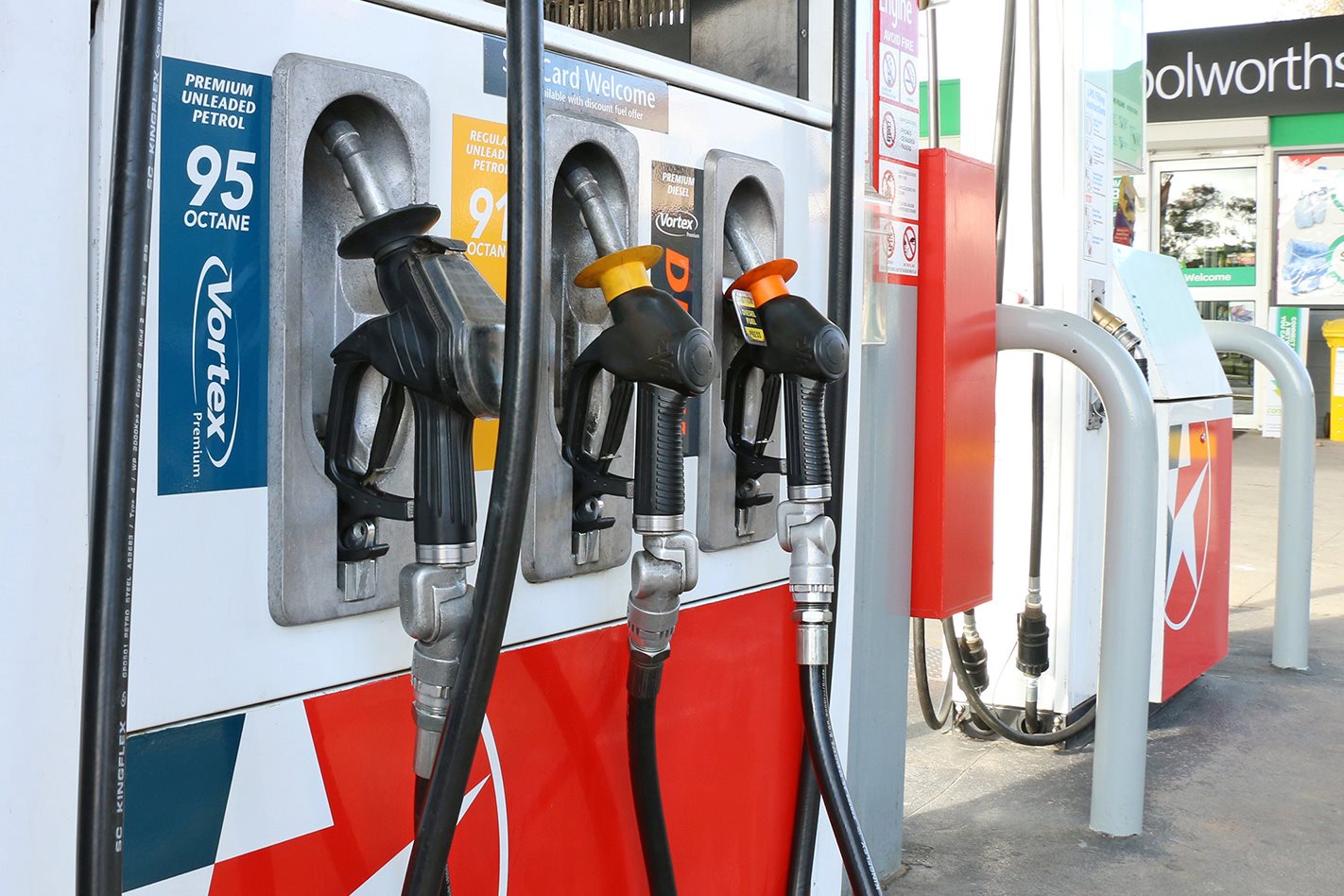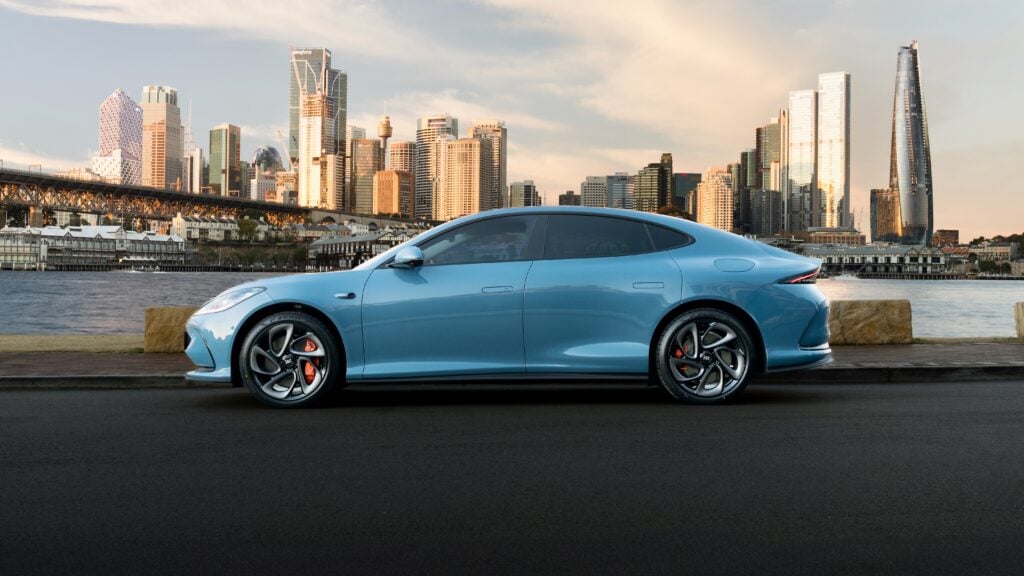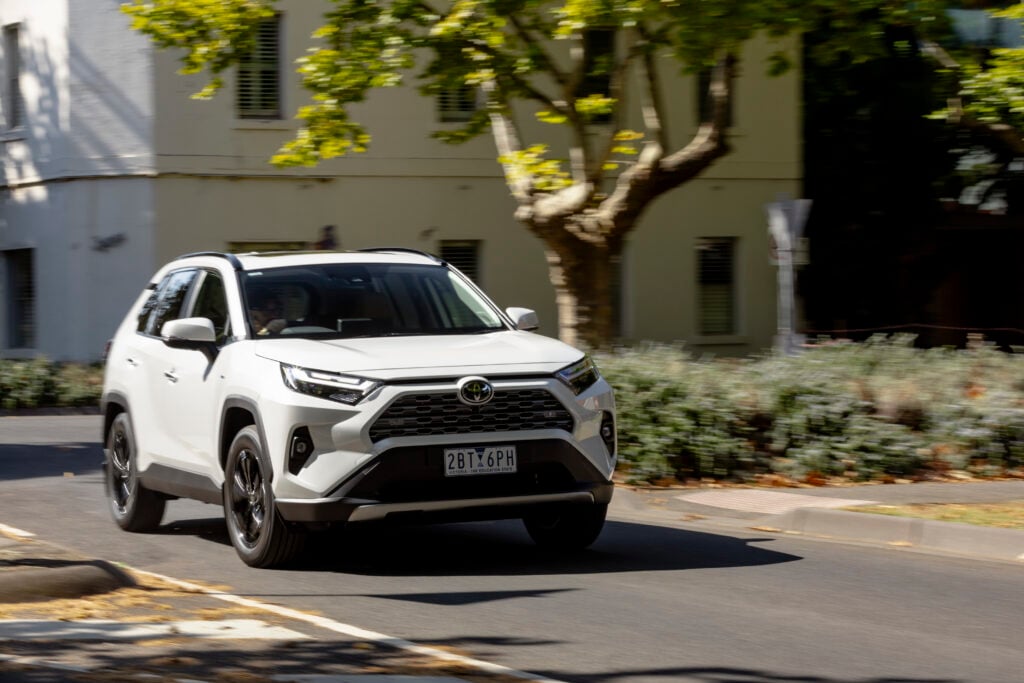
Petrol bowsers have never been more confusing things. Do you need 91 octane fuel or 95 or 96 or 98? What’s the difference anyway?
The different numbers are all about how stable a fuel is once it’s inside the engine. If you compress petrol enough, eventually it will explode. And even though compressing petrol and then exploding it is how car engines work, this process needs to happen in the correct sequence of events. If the explosions happen randomly, they can be at the wrong time and cause major damage to the engine.
An engine needs controlled, properly timed explosions. So, the higher the octane number (its octane rating) the less likely that particular grade of petrol is to explode under pressure. That means high performance engines (which tend to compress their fuel more to get a bigger bang) can run on it without those unexpected explosions and, therefore, without damage.
Which do you need? The best tip is to look inside the fuel-filler flap or the owner’s handbook. You should be able to find the car-maker’s recommended octane rating for your engine there. Will using the expensive, 98-octane stuff in a car designed to run on 91 make more power? Sorry, nope.
Some high-octane fuel has cleaning qualities, which can improve the efficiency of older, dirty engines that have run on regular unleaded for years. A tank of high-octane petrol every once in a while can be worth spending the extra few bucks for.




